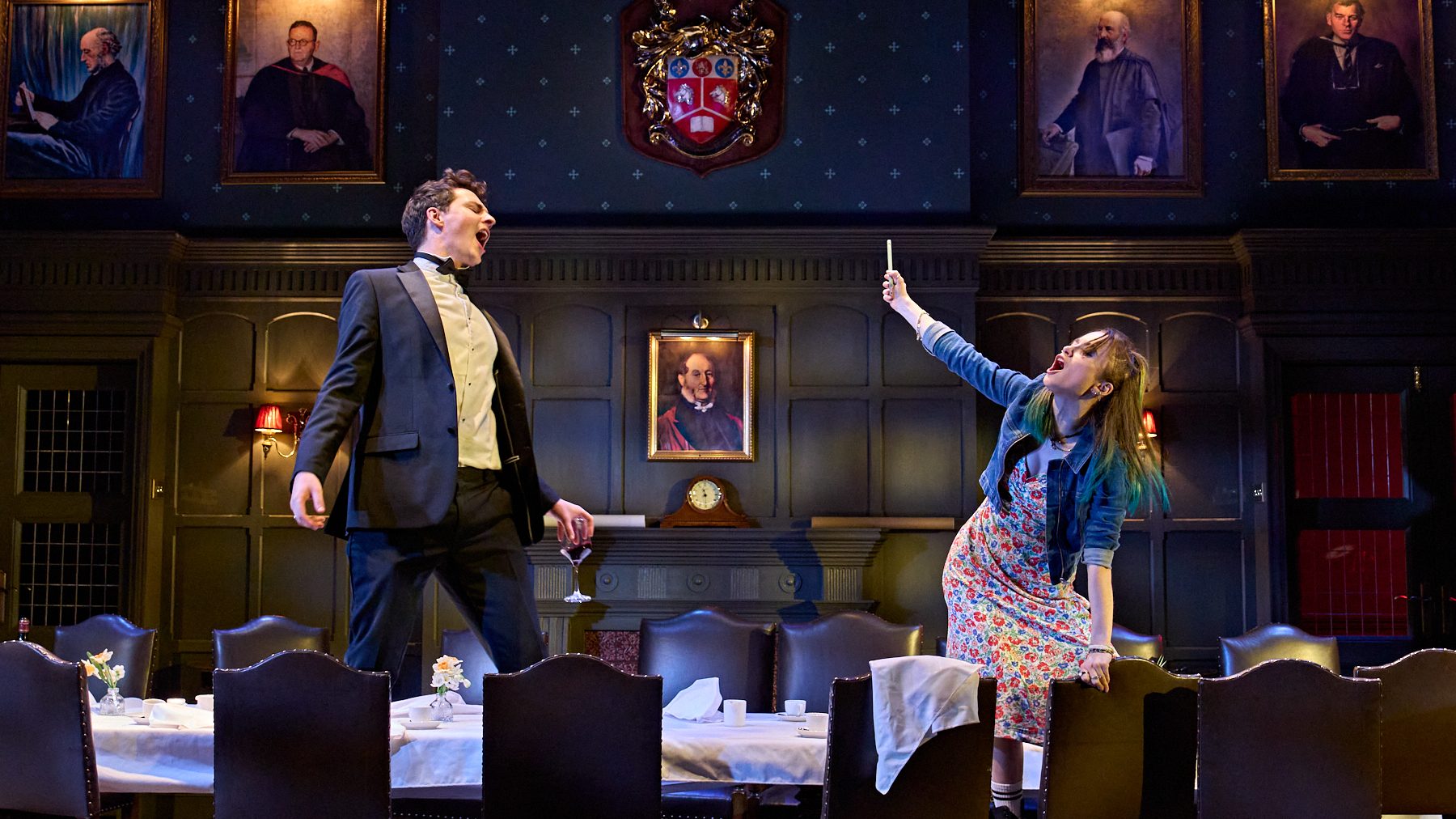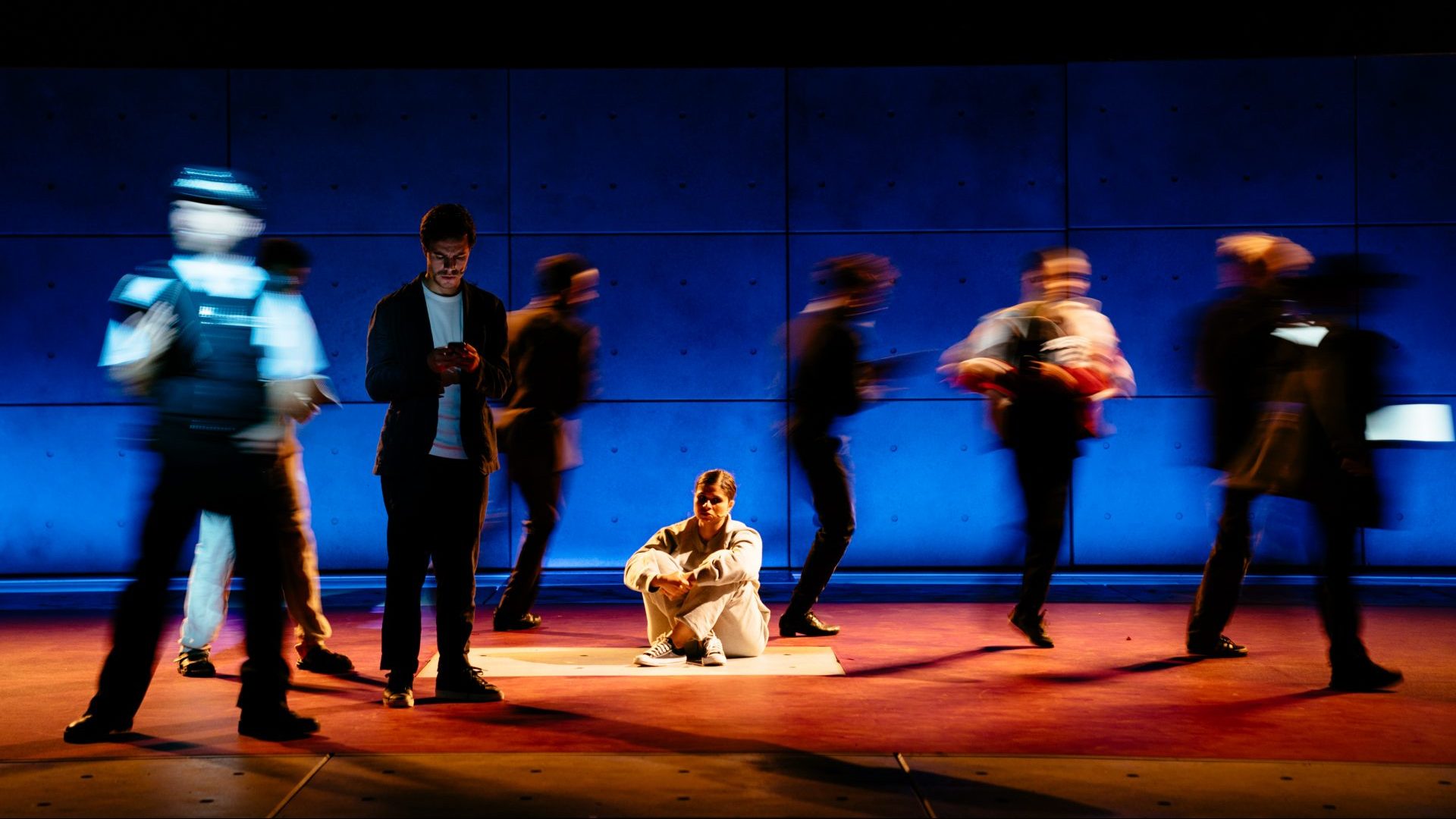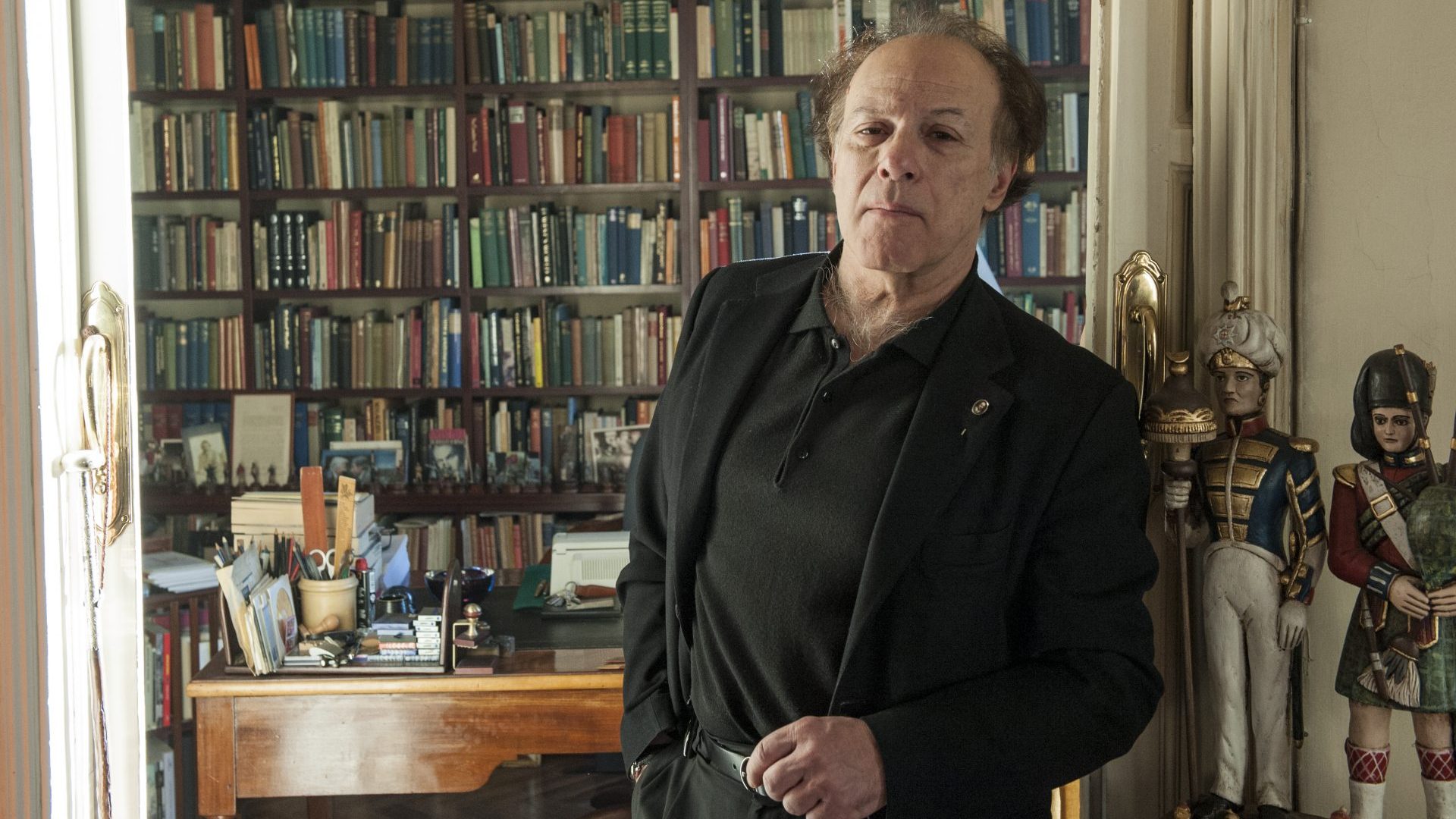The Snail House
Hampstead Theatre, London
Until October 15
An old truism of my industry states that an editor who writes for his own newspaper has a fool for a contributor. I’ve always taken it to mean it’s not a great idea for the boss to allow himself to get too distracted away from his principal job. That thought occurred to me as I watched The Snail House, which Sir Richard Eyre directs and writes.
It marks the debut as a playwright of Sir Richard – the old boy is nudging 80 now – and I’m sorry to say it’s a boring, clunky and self-indulgent piece of theatre. It serves as a monument to the importance of the creative tension between the director and the writer. If you combine these two very distinct roles, there is no one around to yawn loudly, when it is necessary, at the other.
I don’t say its heart isn’t in the right place – its villain is a government medical adviser who got himself a knighthood by doing as he was told during the pandemic – but Eyre has chosen to make him and all those he interacts with drearily stock characters and there is no real momentum.
It’s set in an old wood-panelled baronial hall that immediately makes it feel more like an Agatha Christie than the angry state-of-the-nation piece it clearly aspires to be. The grand old patriarch Sir Neil Marriot – Vincent Franklin, not the authority figure this part requires – has gathered his family around him for a celebration of his success. The conflict in the first act is between his gay, right wing son Hugo (Patrick Walshe McBride) and his right-on sister Sarah (Grace Hogg-Robinson) with whom he constantly bickers and accuses of being “woke”.
The fights between them feel obvious, if not patronising, and, while Sir Richard tries to liven things up with a half-hearted sub-plot involving the catering manager Florence (Amanda Bright) and Sir Neil making a wrong diagnosis in a child abuse case, it doesn’t really work, and, at two and a half hours, it all feels almost punitively long.




